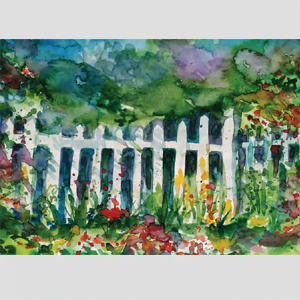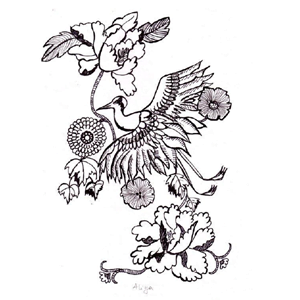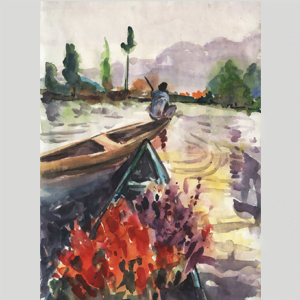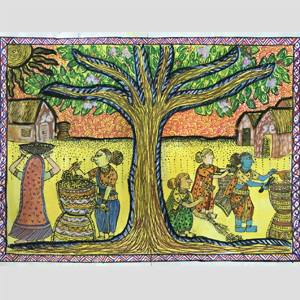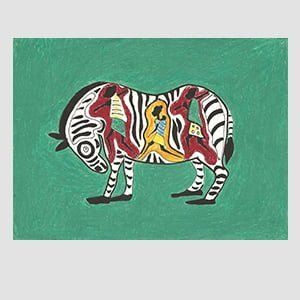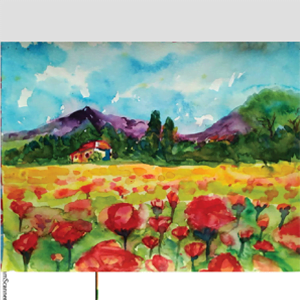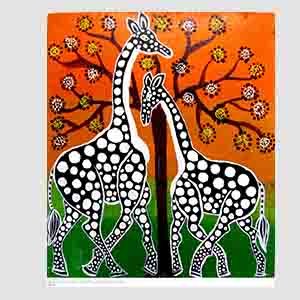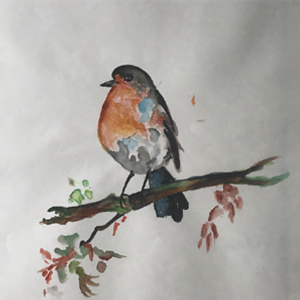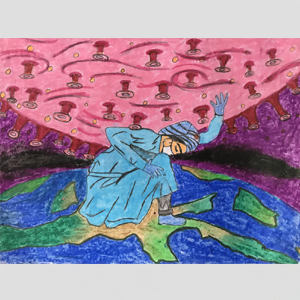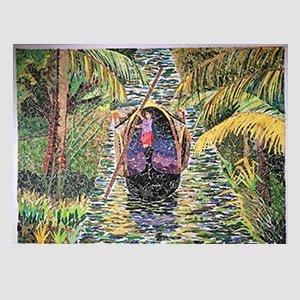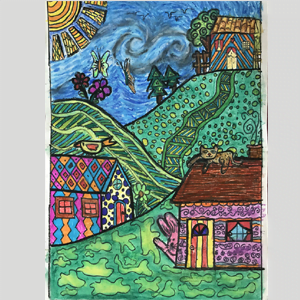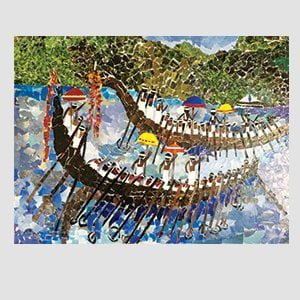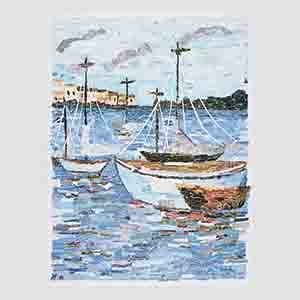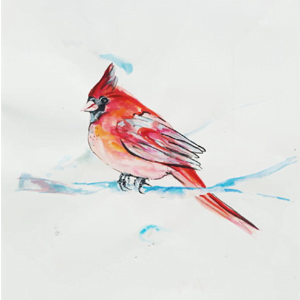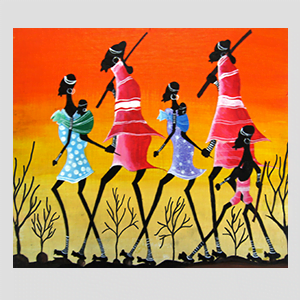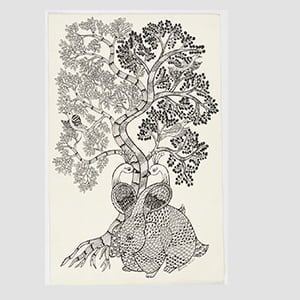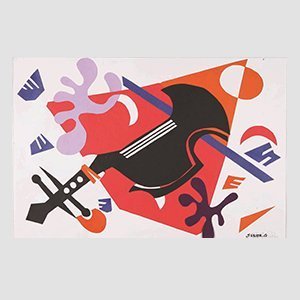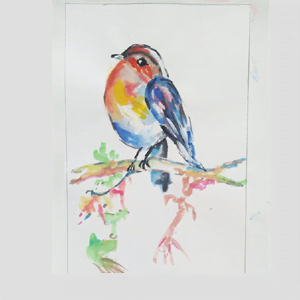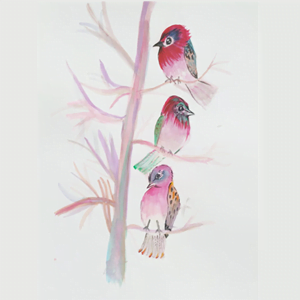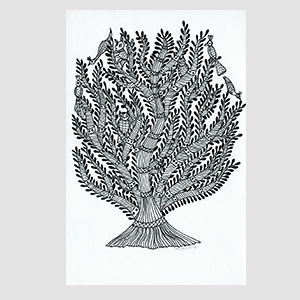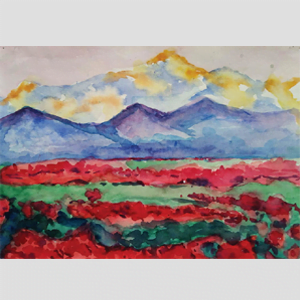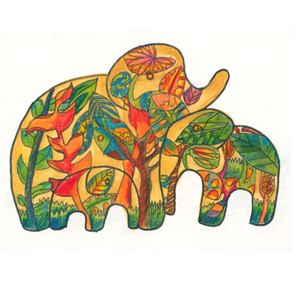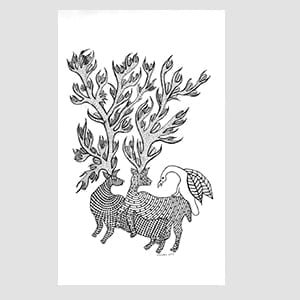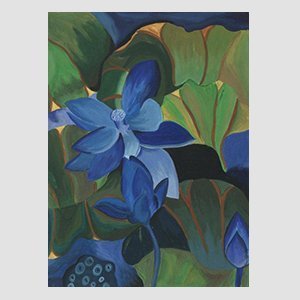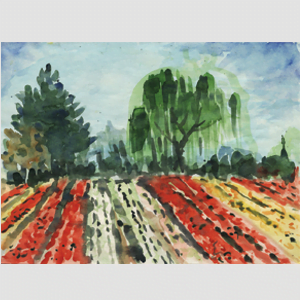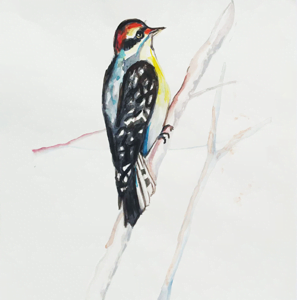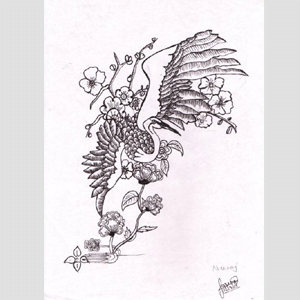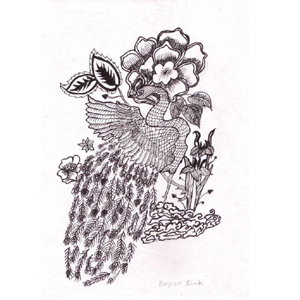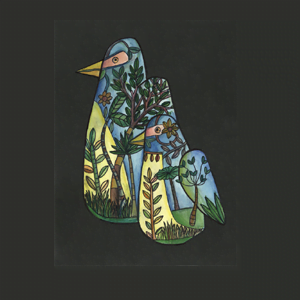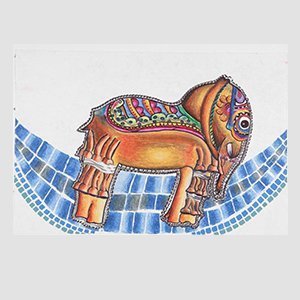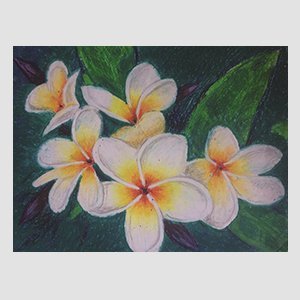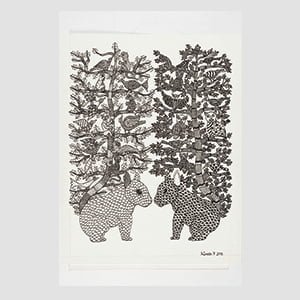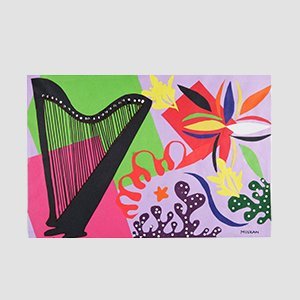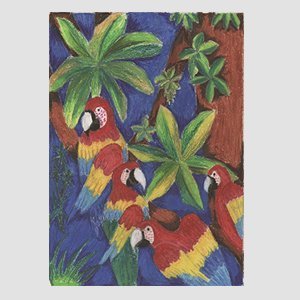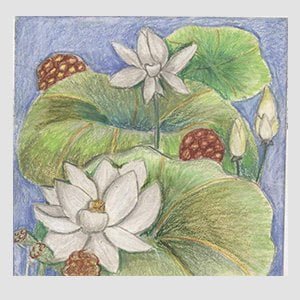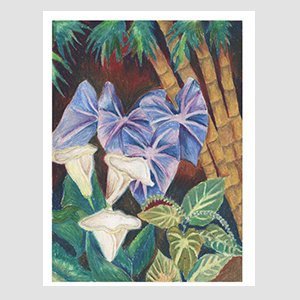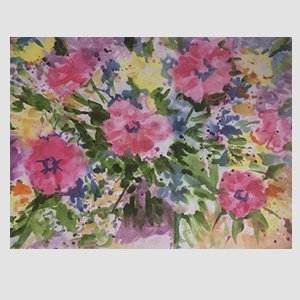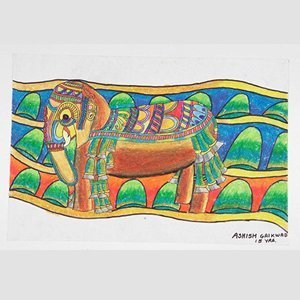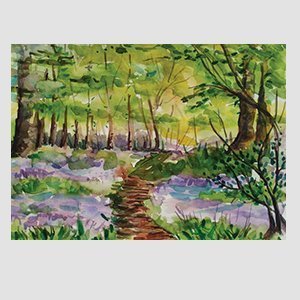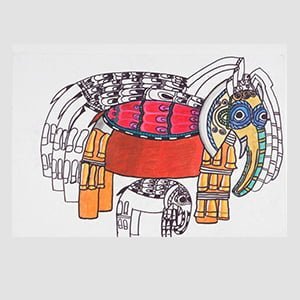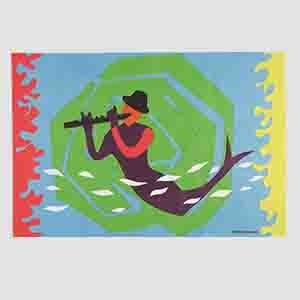Greeting cards (set of 6) – Assorted Designs
An accompaniment to a gift, a sleeve to a letter, or a thoughtful note in and of itself, these greeting cards can be used in various ways.Their functions may vary, but the cards share a common beauty.Each set bears the print of a sublime water colour that transports its viewer to some of the most divine places on the planet. They’ll move you in more ways than one
₹120.00Thank you cards (set of 10) – Assorted Design
Your gratitude will convey so much more when expressed on pretty little cards like these. They’re bound to be preserved for their beauty, and as mementoes of your thoughtfulness.
₹150.00Gift tags (set of 30) – Assorted Design
Make every gift more memorable with the addition of one of these gift tags. They pair beautifully with our printed wrapping paper,
so make sure to buy both together.
₹100.00so make sure to buy both together.
Hexagon Tray – William Morris White
Hexagon Tray, Round, made of Steam Beech Wood, with a picture of blue Lotus from a painting done by Room 13 artist Geeta Jaiswal., then aged 15. She was inspired by artist - William Morris. She has used colours very judiciously to show the delicacy of the petals and the sturdiness of the stem and leaves. The different shades of blue and green in the leaves gives the impression of old and new leaves whereas the strokes in the flowers show the veins in the petals - truly giving attention to detail.
₹900.00Coaster MDF – Champa
Coaster Printed Square, made of MDF, engineered wood, with a picture of "Champa Flowers - Temple Tree Flower", from a painting done by Room 13 artist Geeta Jaiswal, then aged 19. She has seen Champa flowers on trees as well as in temples. The orange and yellow colours contrast beautifully against the dark green leaves. The deep colours of the petals conveys the strength in them beautifully.
₹50.00Coaster MDF – Bird
Coaster made of MDF, engineered wood, with a picture of "Birds taking nectar from flowers", from a painting done by Room 13 artist Geeta Jaiswal, then aged 19. She has seen flowers and birds in a garden close to home. The painting depicts a summer scene with birds taking nectar from flowers. She has used vivid colours for flowers but still conveys their fragility and the strokes used in birds convey a sense of flight!
₹50.00
